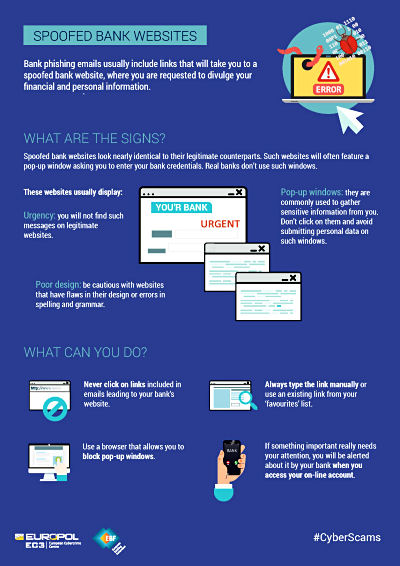Recently, the police officers have been receiving many reports of crimes related to the abuse of electronic banking. We publish warnings and advice aimed at all users of electronic banking services.
 The police have been perceiving that unknown perpetrators in most cases pretend to be companies such as Lesprom, Dia-group, Contici-travel, etc. and send offers of false business cooperation to random people by e-mail.
The police have been perceiving that unknown perpetrators in most cases pretend to be companies such as Lesprom, Dia-group, Contici-travel, etc. and send offers of false business cooperation to random people by e-mail.
All those who apply and express an interest in participating are sent contracts for signature, which show that they will receive money in their transaction accounts, which they must then send to another account, mostly through the Western Union and Moneygram payment systems. For this task, they are promised a payment, which can be expressed as a percentage of an individual transaction or as a monthly payment. The accounts to which the money thus obtained is transferred are mostly in Ukraine and Russia, where useful traces of tracing the perpetrators are being lost.
The money that people receive in their transaction accounts in such cases comes from criminal activity. Anyone who comes into contact with fictitious companies is therefore urged not to respond to such advertisements and attempts at illegal collaboration!
Otherwise, unknown perpetrators would be allowed to commit the crime of grand theft and attack the information system, which would make them criminally liable. The police will take action against all those who will receive money in this way in Slovenia and file a criminal complaint with the competent state prosecutor's office.
The police advise all holders of transaction accounts who use electronic banking services:
- Get thoroughly acquainted with the conditions and methods of using these services offered by your home banking institution.
- Look out for any suspicious emails you receive at your addresses, whether from unknown or known senders.
- Visit only verified websites.
- Thoroughly review the website of the bank you use to log in to the electronic banking system and follow the instructions of your bank.
- Protect your computer properly with quality antivirus programs and firewalls. Learn how to use them.
- Do not install illegally obtained programs on computers that you use for electronic banking, which mostly contain various forms of Trojan horses and other malware designed to collect information, steal digital certificates, intercept passwords, etc.
- What should you do if you detect a suspicious money transfer? We advise you to first ask the police to inspect the personal computer you use for e-banking. If it were first inspected by other people, their unprofessional conduct could do more harm than good. Namely, key information that would be useful for the police in finding the perpetrator of a crime can be deleted.
Related content
Not only computers, but also smartphones and tablets are vulnerable

